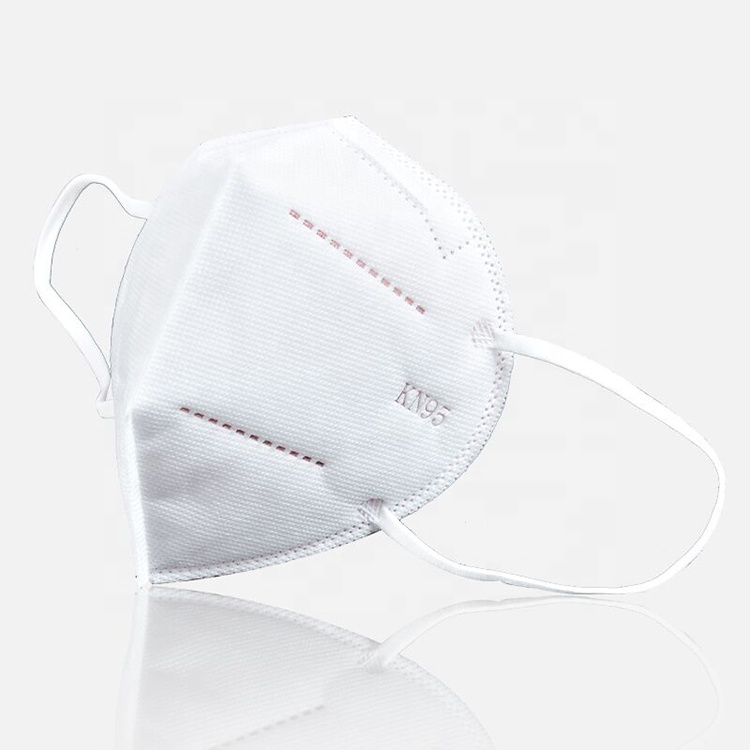N95 is not a specific product name, but a standard. Products that pass the National Institute of Occupational Safety and Health (NIOSH) review can be called "N95 masks." "N" means oil resistant, "95" means exposed to a specified number of special test particles, the particle concentration in the mask is more than 95% lower than the particle concentration outside the mask. The protection grade of N95 means that under the test conditions specified in the NIOSH standard, the filtering efficiency of the mask filter material to non-oily particulate matter (such as dust, acid mist, paint mist, microorganisms, etc.) reaches 95%. The N95 mask is one of 9 types of particulate protection masks certified by NIOSH.

Generally speaking, the protective effects of N95 masks and KN95 masks are the same, the difference is that KN is in compliance with Chinese standards, and N is in compliance with American standards. In China, KN95 refers to the filtration efficiency of non-oily particles above 0.075 microns is greater than 95%. According to the NIOSH standard, N95 has a 95% barrier success rate for particles with a diameter of 0.075 microns. Because the coronavirus pneumonia (atypical pneumonia) virus has a diameter of about 0.1 to 0.12 microns, wearing a N95 or KN95 mask is a feasible preventive method.
In addition, medical surgical masks can also be used to protect against infectious diseases. Medical surgical masks can block 70% of bacteria, while N95 masks can block 95% of bacteria, the latter has a stronger blocking effect. Paper masks, activated carbon masks, cotton masks and sponge masks are not tight enough, so the effectiveness of preventing infection is limited.